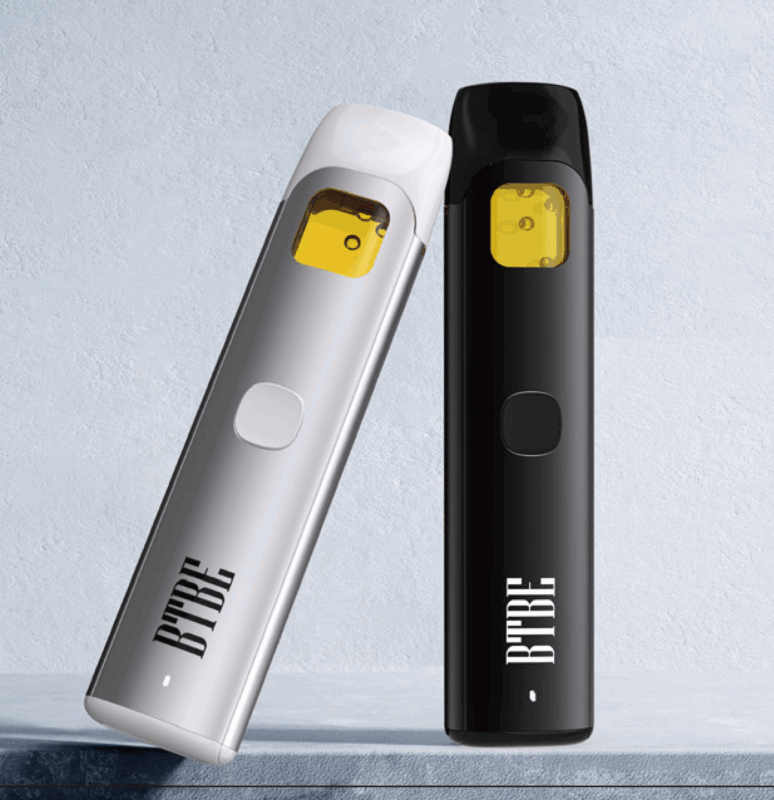Another country has legalized medical marijuana, and the first national regulations have been approved!

On October 7, the Spanish Cabinet approved a landmark royal decree regulating the medical use of cannabis-derived preparations in hospital settings. This marks the first time Spain has established a comprehensive regulatory framework for cannabis-derived medicines.
The framework aims to provide “therapeutic alternatives” for conditions such as chronic pain, severe epilepsy, spasticity associated with multiple sclerosis, or chemotherapy side effects.
The Spanish government, with the support of international organizations, stated that medical cannabis has demonstrated benefits in settings where approved medications are insufficient. Under the government’s plan, cannabis use must be prescribed exclusively by a hospital specialist and is specifically limited to cannabis-based oils, excluding dried flower.
This decision is the result of years of tireless work by Spanish patients and advocates. The Spanish Health Council initially approved a report proposing medical cannabis regulation in June 2022, but political changes and last year’s snap elections hampered progress.
Under the new regulations, cannabis preparations can only be used in hospital settings with comprehensive clinical justification. The Ministry of Health specifically noted that it will consider establishing remote dispensing mechanisms for “vulnerable groups with special circumstances, patients with disabilities, or those facing geographical barriers” to “ensure equitable access to treatment.”
For long-time advocates, this resolution is a milestone. Patient advocate Carola Perez, who has been working to legalize medical cannabis for over a decade, called it a victory for all patients.
In an interview with Cannabis Health, she noted that follow-up is crucial, as most medical professionals currently lack systematic training in prescribing cannabis medications. “One of the reasons for adopting a strict prescription model is to avoid irregularities in diagnosis and treatment,” she explained. “We hope that the autonomous regions will coordinate to ensure that this remains a scientific issue, not a political game. The relevant authorities must urgently improve the supporting systems, as patient demand is expected to surge.”
She emphasized that prescriptions filled through hospital pharmacies are completely free for Spanish patients, eliminating the cost barriers that exist in other countries. “We don’t have to pay for oils or products, which ensures equal access to care for patients of all financial means,” she added. “We see many patients in other countries unable to maintain treatment due to financial constraints, but this doesn’t happen in Spain.”
Some researchers and clinicians have expressed concern about the limitations of the regulations. Professor Manuel Guzmán, a member of the Royal Spanish Academy of Pharmacy and a board member of the International Association of Cannabinoid Medicine, said: “While we are pleased that Spain has finally launched a medical cannabis program, I believe the Royal Decree is overly restrictive. It does not authorize the use of herbal cannabis, it limits prescription authority to specialists rather than general practitioners, and it requires preparations to be dispensed in hospital pharmacies rather than in community pharmacies.”
He further added: “While I am deeply pleased with this important development and thank the Spanish government, the Ministry of Health, and the officials who approved this measure, I also believe that the regulation should have been more comprehensive.”
Disposable cbd vape


https://shorturl.fm/Y1fh8
https://shorturl.fm/gnPjr
https://shorturl.fm/C2cAj
https://shorturl.fm/RDxVY
https://shorturl.fm/WeRBr
https://shorturl.fm/tIz5n
buy weed gummies usa nationwide delivery
https://shorturl.fm/iEhuC
https://shorturl.fm/9I1QS
https://shorturl.fm/0Hdu1
https://shorturl.fm/bxPT9